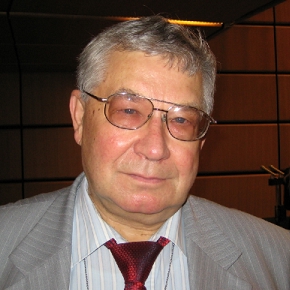 |
||
|
Asteroid Defense - Casualty in Chilled US-Russia Relations - Expert RIA Novosti, PUBLISHED 16.08.2014 Space cooperation and even asteroid defense agreements between the United States and Russian governments have been sacrificed as a result of poor international relations, but according to a spokeswoman for the private space foundation, B612, those political tensions will not change the future possibility of the pursuit of private partnerships with Russia. “Russia has a great space program. Currently, as a private entity, we don’t have any collaboration but it doesn’t mean we might not in the future,” Diane Murphy of B612 told RIA Novosti on Friday. “We have not had discussions with any Russian entity, not that we might not want to.” Following the surprise Chelyabinsk meteorite that entered the Earth’s atmosphere in February 2013 causing significant damage, the department for Civil Defense and Emergencies and Russian Federal Space Agency (Roscosmos) announced plans to improve Earth’s defense against such threats. These plans included ground based and space based telescopes. The September agreement with the United States was also viewed as an international part of this effort. Other news: Rosatom Says Has Enough Uranium for a Century Rosatom is in the second place by Uranium reserves in the world. Ex-TEPCO Executives to Face Criminal Charges Over Fukushima Disaster The decision of the 11-member public panel concerns Tsunehisa Katsumata, chairman of TEPCO at the time of the disaster, and two former vice presidents – Sakae Muto and Ichiro Takekuro. Russian, Chinese Companies Sign Memorandum to Build Floating Nuclear Plants The memorandum was signed by Dzhomart Aliev and CNNC New Energy President Tianlin Qian. |
Hero of the day 
The ISTC Responsible Science Program and Subprogram Culture of Nuclear Nonproliferation The dual-use nature of nuclear technology consisting in the potential for its application equally in peaceful and military sphere is the basic contradiction for the existing nuclear nonproliferation regime and comprehensive development of the nuclear power and nuclear fuel cycle. INTERVIEW
Jerry Hopwood OPINION
Joint Plan of Action |

